For the past two years, trials have been conducted with farmers in Senegal at three sites in three agro-ecological zones: Niakhar (groundnut basin zone), Ouarkhokh (sylvopastoral zone) and Koussanar (eastern Senegal zone). Innovations are being carried out to co-design locally adoptable crop, shrub, livestock (CSL) systems that could improve soil quality and productivity, food security and the resilience of agricultural systems to climate change.
The effects on crops of the presence of trees or shrubs in the farmers' plots and of the amendments applied at the doses recommended by research are studied in the various SustainSahel project sites. These studies concern the agronomic parameters of the crops but also the biogeochemical functioning of the soil. These activities are co-conducted by involving other expertises of the project consortium such as socio-economics, modelling, and drone imagery during the different stages of crop development so that the results can benefit from a multi-factorial and multi-actor analysis. This approach allows for the dissemination of technologies adapted to the local context of the producers.
Thus, different agronomic trials with producers were undertaken in 2021 and 2022, in accordance with their agricultural calendars. The factors studied are summarised in the table 1. Agronomic trial factor, 2021 and 2022. 84 farmers' fields were monitored by the project team (producers and technicians) and the agronomic parameters assessed at harvest.
Results from 2021
Shrub (Guiera senegalensis; Piliostigma reticulatum) or tree (Faidherbia albida) effect on crops
Yields of millet, groundnuts and cotton were not significantly promoted but farmers noted an improvement in crop health. This was effectively observed on some millet pests such as Striga hermontica where the presence of Faidherbia albida nearby greatly improved its resistance.
In addition, weed control was reduced in the plots amended with shrub residues, thus reducing the time needed to maintain the fields.
Support farmers by providing seedlings
As part of the animation of producers of seedlings of tree/shrub species of interest, a production of seedlings of good sanitary quality in nursery and in vitro was carried out. In some sites (Niakhar and Ouarkhokh) plant distribution days were organised. The choice of species was made by the beneficiaries for their agronomic and socio-economic interests.Table 2 provides an overview of which plants and how many were distributed.
Written by: Hassna Founoune, Bassirou Diallo, Moussa Ndienor, Halima Maiguizo, Latyr Diouf, Demba Ba, Ousman Ndiaye, Ndeye maguette Hane, ISRA - Senegalese Institute of Agricultural Research, Sénégal.
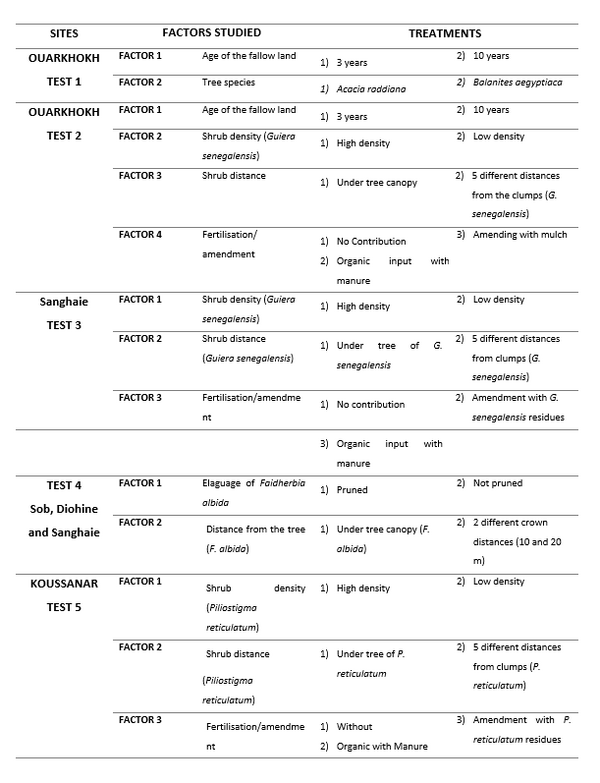
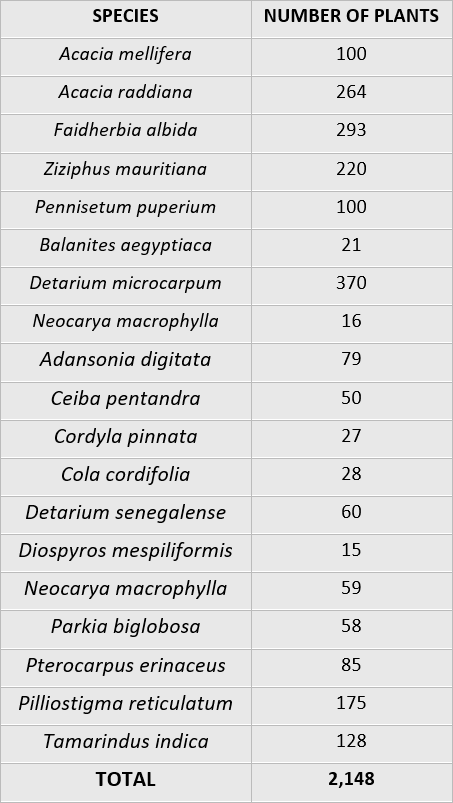
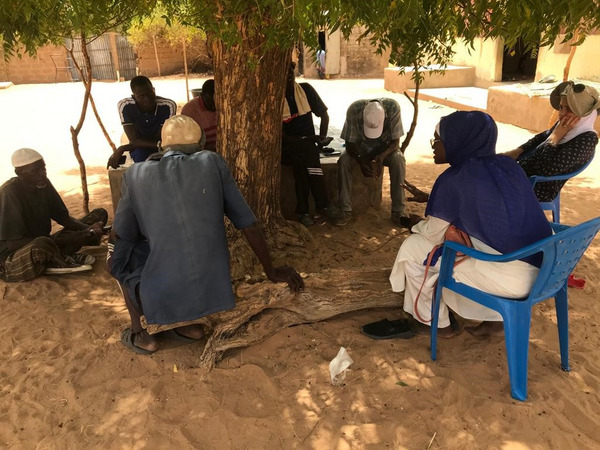
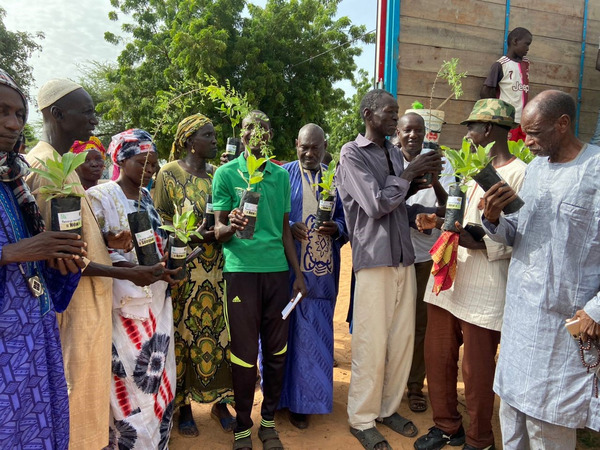
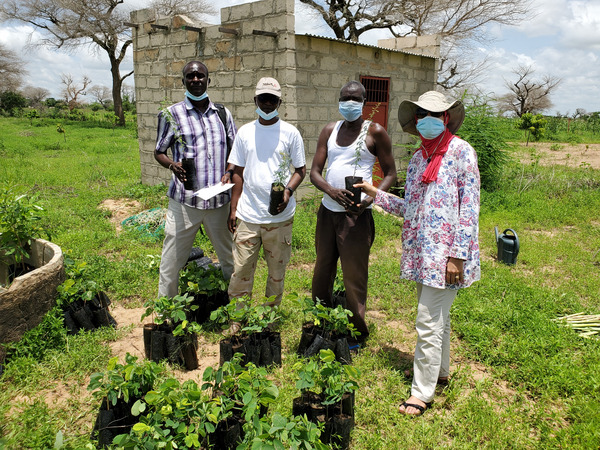
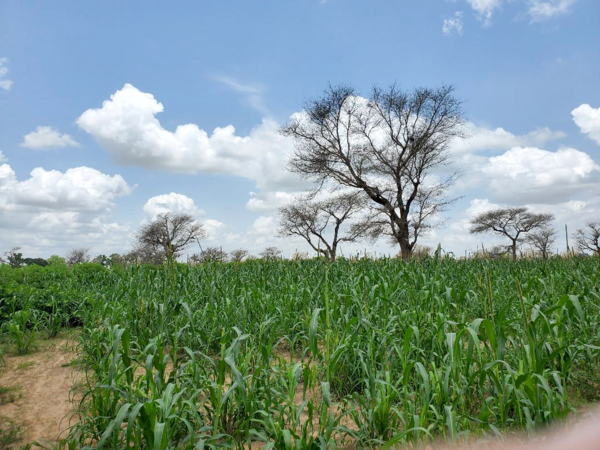
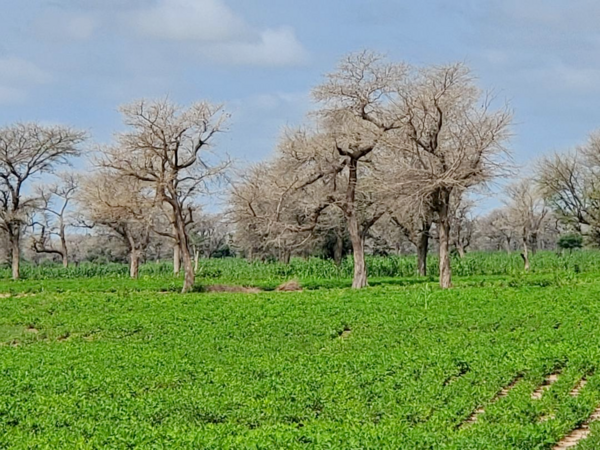
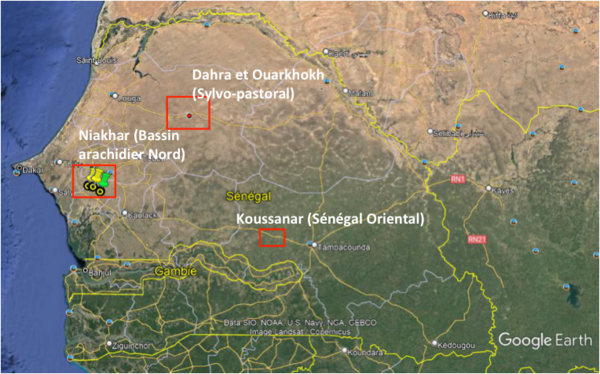
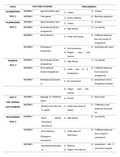
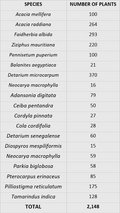






 tap and then scroll down to the Add to Home Screen command.
tap and then scroll down to the Add to Home Screen command.